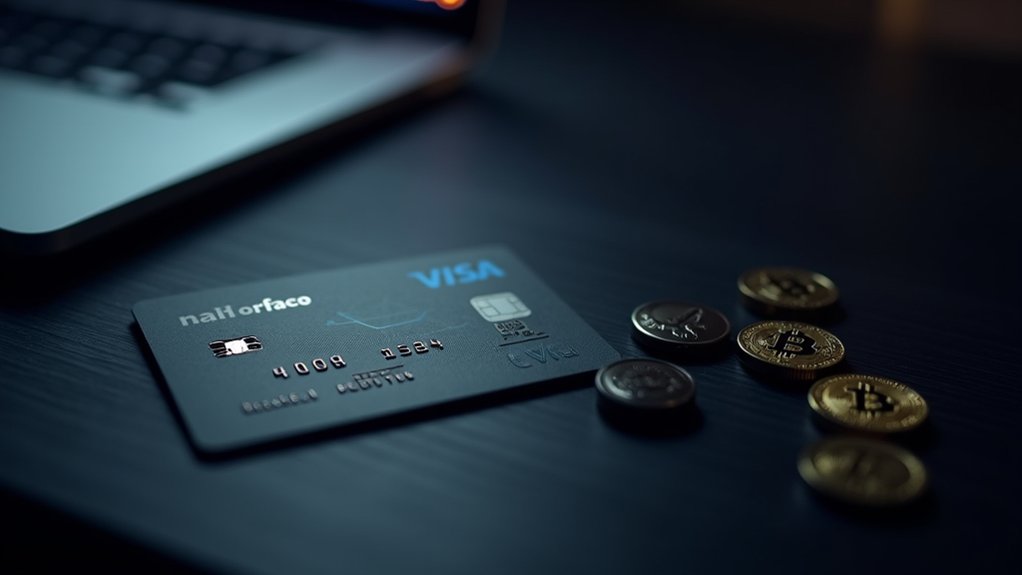As credit card companies seek innovative ways to attract customers, several major card issuers are launching new products that convert traditional airline miles and rewards into Bitcoin. In 2025, Fold plans to release a new Visa credit card that transforms traditional rewards into cryptocurrency, marking a significant shift in how consumers can use their earned points.
The move comes as data shows credit card holders earned $41.1 billion in rewards in 2022, with the average account holding $156 in unspent rewards. A concerning 23% of cardholders didn’t redeem their rewards last year, while 4% of accounts forfeit rewards quarterly, resulting in $500 million in lost value annually. Users should note that many credit card issuers classify cryptocurrency purchases as cash advance transactions, which typically incur higher fees and interest rates. Experts warn that Bitcoin’s role as a speculative asset rather than a practical currency could make these rewards less valuable for everyday use.
New players like Gemini Credit Card and cryptMi are entering the market with offerings that blend traditional rewards with cryptocurrency options. These cards allow users to earn crypto rewards in Bitcoin and over 50 other cryptocurrencies. Using a dollar cost averaging approach helps minimize the impact of crypto market volatility on rewards value.
Innovative credit card providers are revolutionizing rewards by offering direct cryptocurrency earnings across dozens of digital currencies, expanding beyond traditional cash back.
The Venmo Credit Card has introduced a feature that automatically converts cash-back rewards into various cryptocurrencies, including Bitcoin, Ethereum, Litecoin, and Bitcoin Cash.
The trend appears particularly appealing to younger generations, with 85% of millennials and 82% of Gen Z actively using their credit card rewards. This contrasts with older generations who are more likely to leave rewards unused.
Income levels also play a role, as only 12% of those earning over $100,000 annually leave their rewards unused, compared to 31% of households earning less than $50,000.
Card issuers are responding to this demographic shift by offering competitive crypto reward rates of up to 3% on certain purchases. Traditional sign-up bonuses have also increased, with the average bonus worth $326 in 2022, up 18% from 2019.
Companies like BYDFi now allow Chase rewards points to be converted directly into cryptocurrencies, though users should note that cryptocurrency conversion spreads are built into these transactions.
This evolution in credit card rewards signals a potential transformation in how consumers view and use their earned points.





